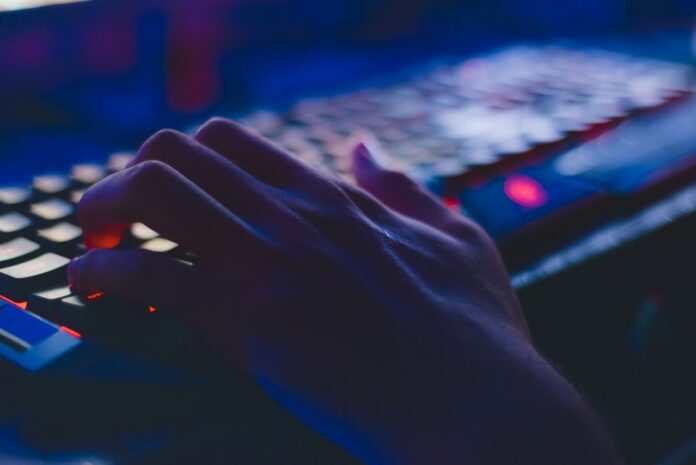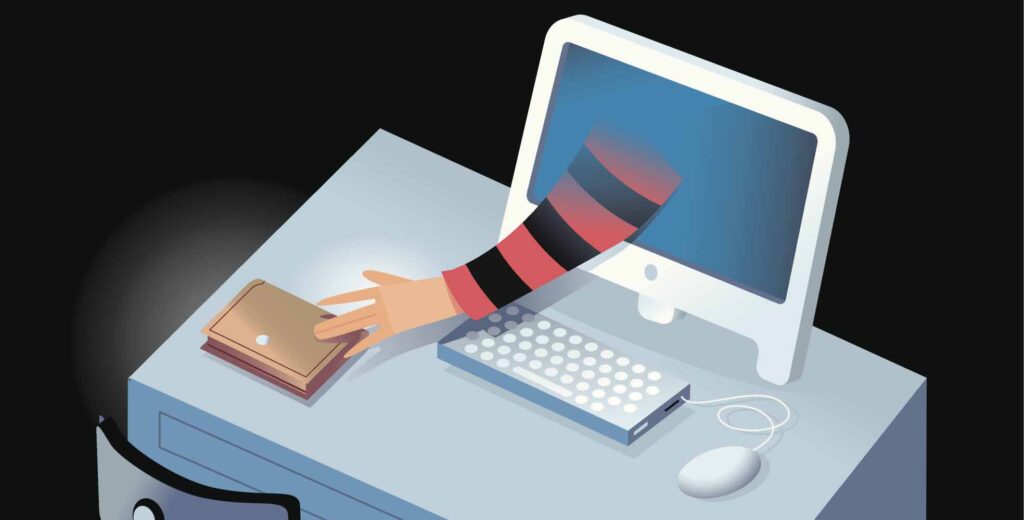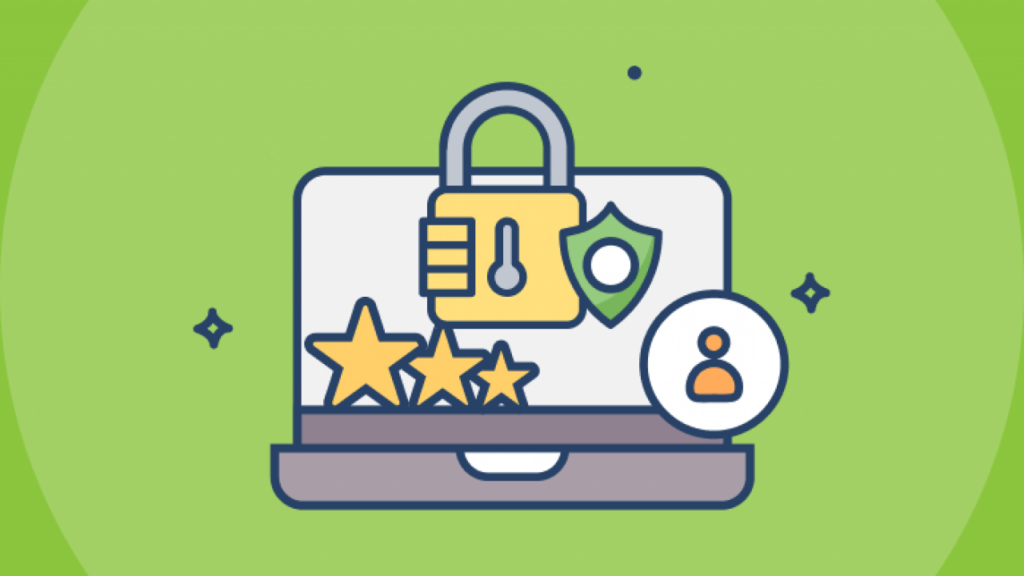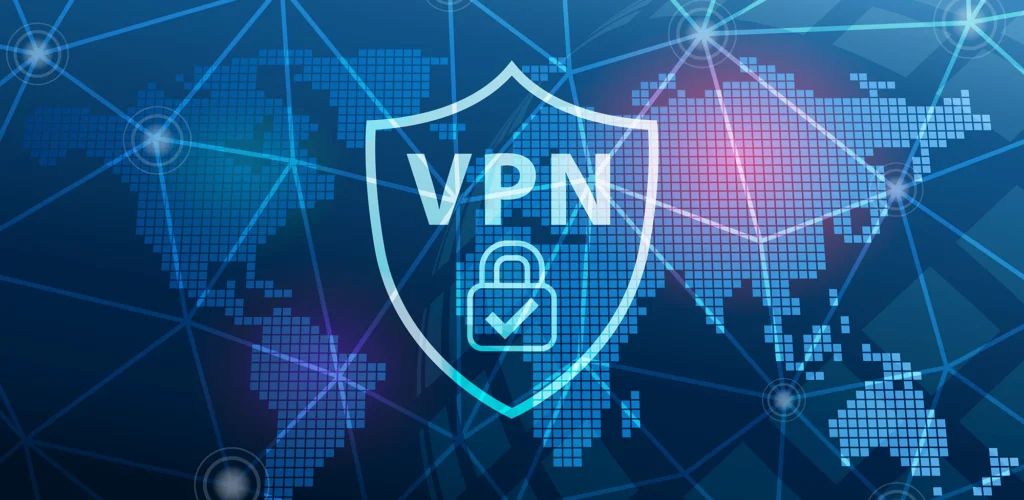
What is a private Instagram profile viewer and how does it relate to our privacy
Today we spend a lot of time on social networks. There we communicate with friends, share secrets and post our photos. We trust online mail with our interests and contacts, and Google can easily trace our route. We have virtually no privacy on the Internet. Our openness and inattention makes ours very vulnerable to the real possibility of being hacked and deprived of accounts in all social networks. The Internet space is changing at a breakneck pace, and problems with data privacy are exacerbated. You can use special services yourself, like Inflact private Instagram profile viewer. IG post viewer allows you to anonymously view a user’s profile or story without being seen.
Most modern people constantly use modern information and telecommunication technologies, during a pandemic their role is noticeably increasing. At the same time, personal pages on social networks are perceived by the majority of users (with the exception of media professionals, bloggers, etc., for whom the content is a product they produce “for sale”) as a private zone, in which, among other things, ideas about the main zones of personal space – we also react painfully to someone’s unauthorized intrusion into our virtual space (for example, an unsolicited comment on our page), we organize our part of the virtual space “for ourselves” in a certain way, etc.
Some modern social networks provide the ability to set different access modes on personal pages, which thus allow the user to control who exactly can read certain messages, see certain photos or videos.
However, many users do not set themselves such a goal and at the same time do not use access control mechanisms, as a result, the information presented on their pages is public. This is where the main mistake is made: the user considers his personal page as his private space and fills it with fragments of his private life.
What is privacy?

Privacy is essentially a state of security and anonymity for both you and your data.
One of the key attractive features of a person’s presence in the virtual space of the Internet has historically been anonymity. Anonymity presupposes complete protection of the private, since the true person and his private life remain beyond the permeability of the gaze of the Other.
Anonymity, the use of fictitious role images, disguises, were characteristic of the early period of the development of the Internet, however, since the Internet becomes an intermediary in a large number of socially significant activities – trade, bureaucratic procedures, negotiation – the degree of anonymization of users is decreasing, to replace masks more and more real people come.
Moreover, if the situation of anonymity was previously treated as a norm, accepting it as the “rules of the game” of Internet communications, then in modern conditions, anonymous and “disguised” users, as a rule, are not approved by the Internet community, they are suspicious as potential sources of information “stuffing” and “fakes”, anonymity is equated to the desire to evade responsibility.
It becomes almost impossible to remain anonymous on the modern Internet – the user is associated with a whole set of different digital identifiers – IP addresses, digital signatures, logins and passwords of many different accounts, etc. These technologies connect the various manifestations of personality on the Internet together and make a single person more accessible for identification and external control.
Modern technologies also make it possible to control the location of a person – for example, when controlling the movement of people in a city, introduced in connection with the coronavirus epidemic, technology was used to track the movement of people by moving their personal mobile phones.
Privacy is a guarantee of security. How to protect personal data today?
Every time we visit a site or post information on the Internet, we leave traces in the system, which are immediately available to Internet service providers and, possibly, hackers. Based on this data, they draw conclusions about our lifestyle, hobbies, worldviews, actions, and even health status. Anonymity on the Internet is also a matter of physical security. Once information falls into the wrong hands, it can be used against us in a variety of situations. For example, it happens that hackers use personal data for the purpose of blackmail and extortion. Also, behind a team of hackers there may be the owner of some large enterprise who wants to eliminate a competitor with their help. Most often, attackers steal photos and biographical data, create fake profiles and use them to spread spam – but it can be worse. Therefore, the placement of any data about yourself should be approached carefully and be extremely careful.
Reputation protection

Probably, there is no person in the world who has absolutely nothing to hide. In the life of every person there are awkward moments about which it is better to remain silent. It is not so easy in our age of high technology. The question of how to protect personal data in the era of Big Brother is another task! Any, even a small piece of personal information can be interpreted in an unflattering manner, tarnish your reputation and greatly ruin your life. That is why the personal data of users is of particular value to hackers, as well as government agencies, business representatives and intelligence agencies. Unfortunately, we are unable to remove this information from the Internet. The only way to keep your data safe is to be careful when posting such information online and not to post too much data.
Ensuring anonymity on the Internet
Browser privacy mode should not be neglected: these features are available in all popular browsers, including Firefox, Chrome, etc. In this case, cache, cookies and browsing history will not be saved on your system. It will be more difficult for attackers to track your visits to websites and other activities. Although these features do not guarantee complete anonymity on the Internet, this mode of operation is much more secure.
Choose a reliable VPN provider

Any paid or free VPN service involves building a secure channel between your device and a VPN server through which your traffic passes before entering the global network. As a result, your real IP address will be inaccessible to the visited website. This will make it much more difficult to spy on you. For greater security, in addition to the VPN service, you can use an anonymizer service, such as Tor.
Be sure to make sure that the VPN provider you choose has a good reputation and acts in the interests of users. Remember that your personal data is available to VPN services.
Security is the main condition for privacy
There are several ways to keep your data private and secure your device. Modern gadgets have an encryption function that helps to save data in case the device is lost and falls into the wrong hands. Today, all operating systems have similar features. Secondly, it is necessary to assign passwords correctly. Make sure your password is strong and don’t use the same password for multiple accounts. Also, it is useful to use two-factor authentication (2FA).
Conclusion
Privacy is very important in today’s digital age. You need to take a very responsible approach to storing your data and always be aware of the possibility of losing it. Take care of your data and always be careful!








